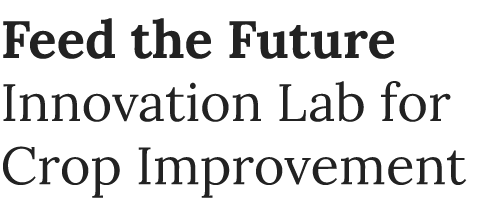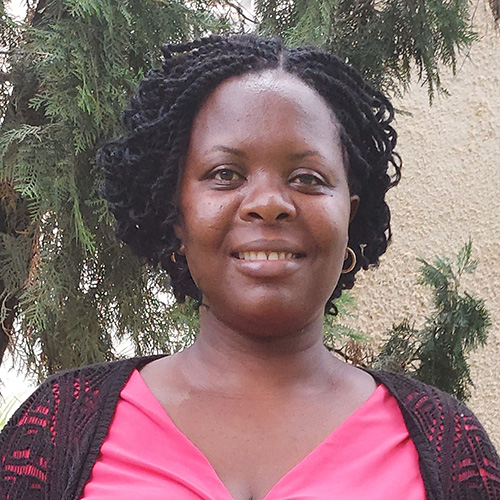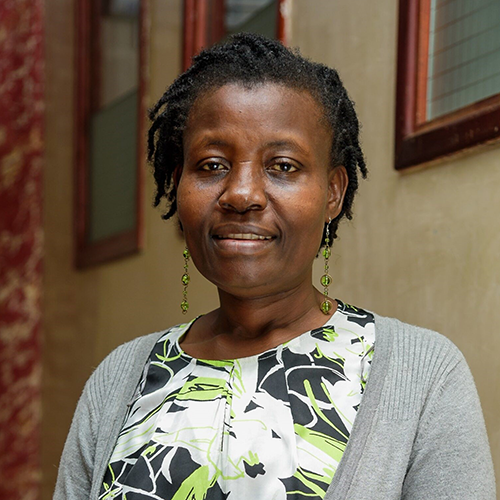It has been long recognized that food systems need to be transformed so that small farmers and other rural residents can meet their food and nutrition security needs. How can we ensure that investments in crop improvement will result in new varieties that will be adopted and will benefit producers as well as other market actors? Evidence is emerging that attention to the preferences of end users at all points in the food system — from producers and processors to traders and consumers — early in the breeding process strengthens uptake of new varieties. However, not all crop improvement programs have processes and capacities to fully account for and consider the ways that gender, youth, nutrition and resilience may be interacting and intersecting in relation to crop improvement.
The challenge
Our approach
By supporting plant breeding programs’ attention to the cross-cutting themes gender equality, youth engagement, nutrition security, and resilience in the development of tools, technologies, and methods, we are seeking to change their research practices to have greater impact by collaborating with ILCI Centers of Innovation and Objective Area researchers to be responsive to and benefit all participants in local and regional food systems.
The principles of diversity and social inclusion are foundational to all the activities of the cross-cutting themes team. Tools, technologies, and methods developed by the Centers of Innovation and Objective Area researchers need to be responsive to and reach all who can benefit from them.
Our approach is two-fold: 1) to consider the social and environmental contexts of our target populations (smallholder farmers and value chain actors); and 2) to reflect on our dynamics as scientists and researchers. Inclusion and representation are essential to designing new technologies that not only can most effectively benefit recipients, but also to minimize negative impacts that on those most vulnerable.
We work with colleagues across ILCI to build their awareness and knowledge of gender, youth, nutrition, and resilience issues and to understand their importance in crop improvement.
Our areas of focus
Gender equality
Youth engagement
Nutrition security
Resilience
How we work
Capacity development
through trainings, webinars, and technical assistance
Research
on each of the four cross-cutting themes to deepen the evidence base on their relevance to crop improvement
Coordination & engagement
between the cross-cutting themes team and other ILCI colleagues
Monitoring & evaluation
to track progress in adaption and analysis and make mid-course corrections when appropriate
Research from our experts
- ‘They think we are delaying their outputs’. The challenges of interdisciplinary research: understanding power dynamics between social and biophysical scientists in international crop breeding teams (Rubin and Tufan)
- What does Empowerment Mean to Women in Northern Ghana? Insights from Research Around a Small-Scale Irrigation Intervention (Garner)
- Identifying the ‘Family Farm’: a discussion of the concepts and definitions (Garner)
- Qualitative methods for gender research in agricultural development (Rubin)
- Building an inclusive agriculture: Strengthening gender equality in agricultural value chains (Rubin and Boonabaana)








